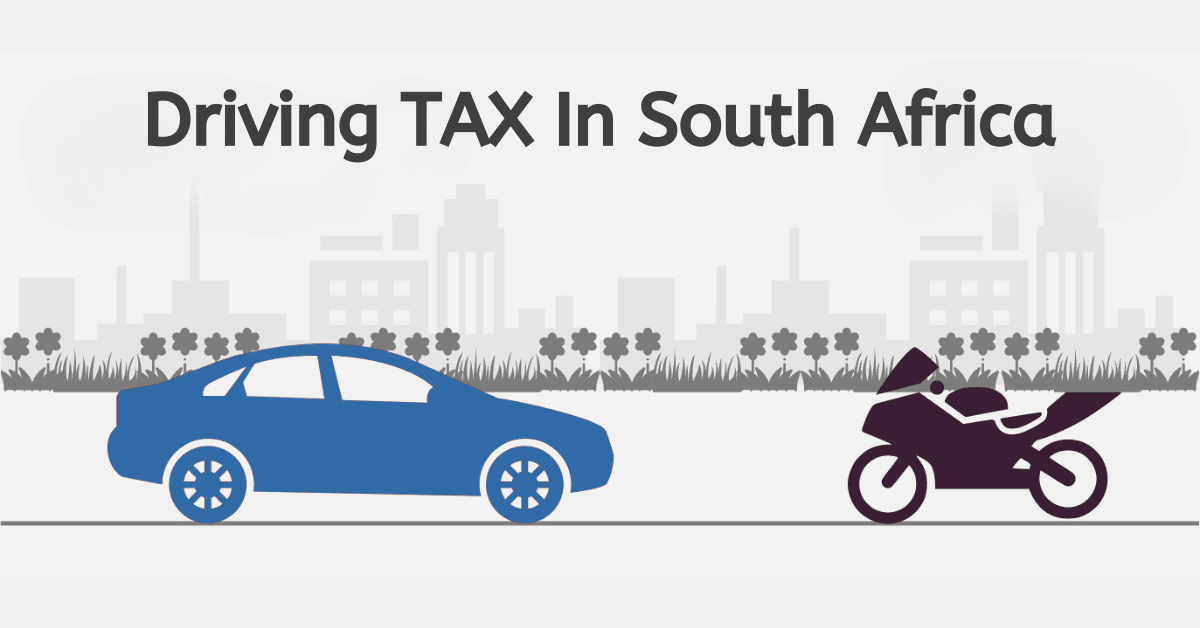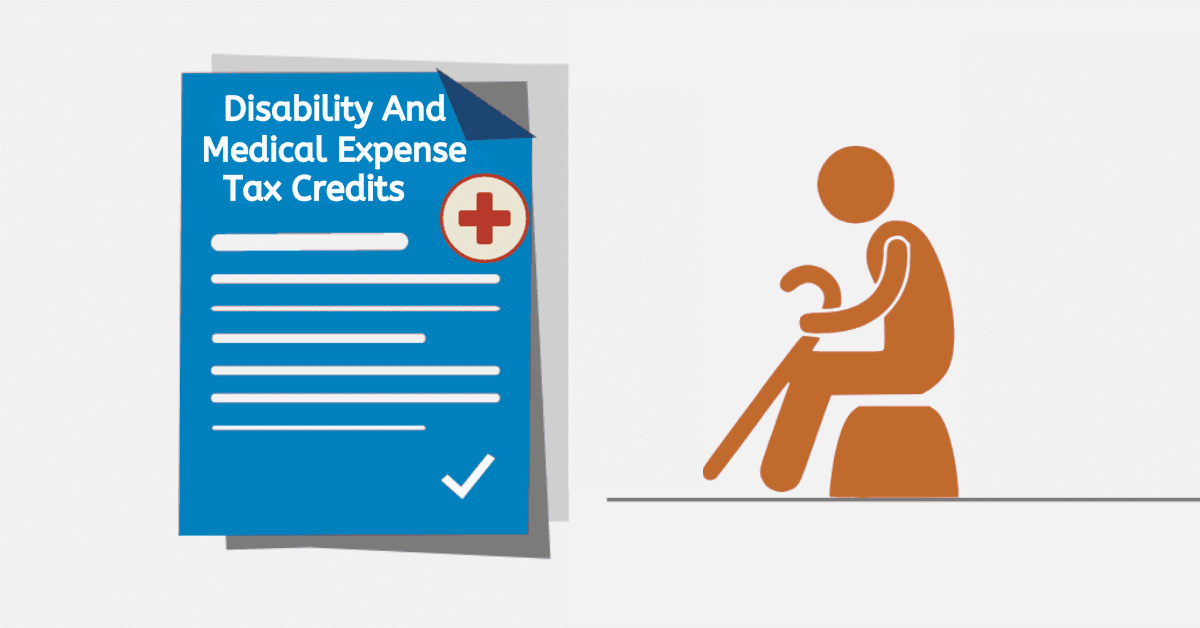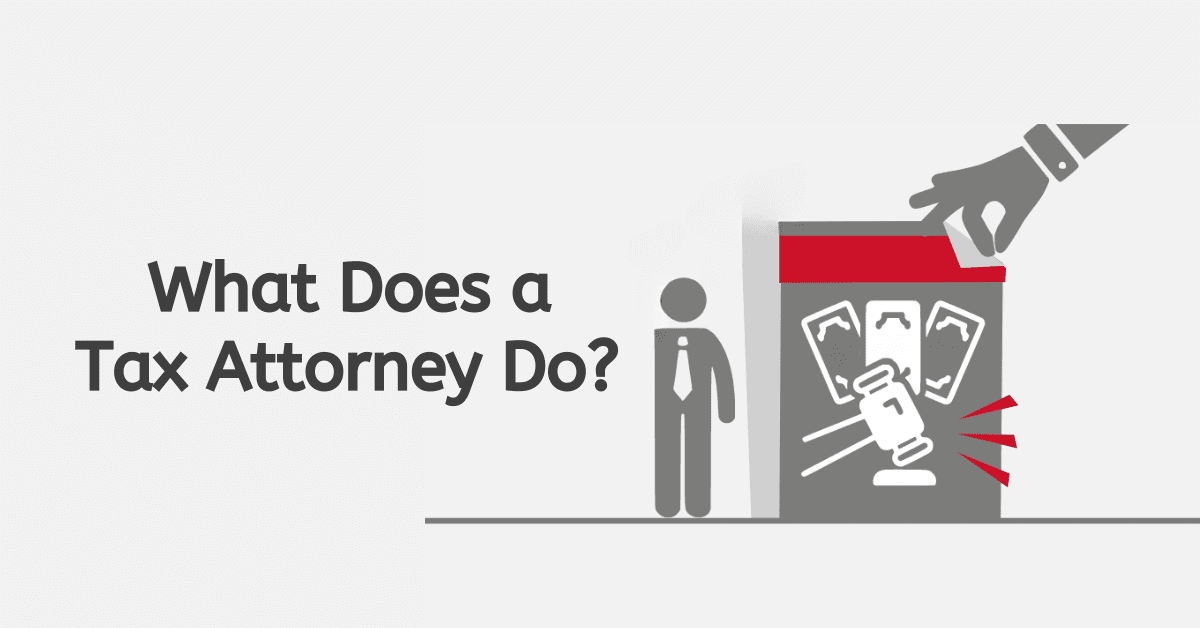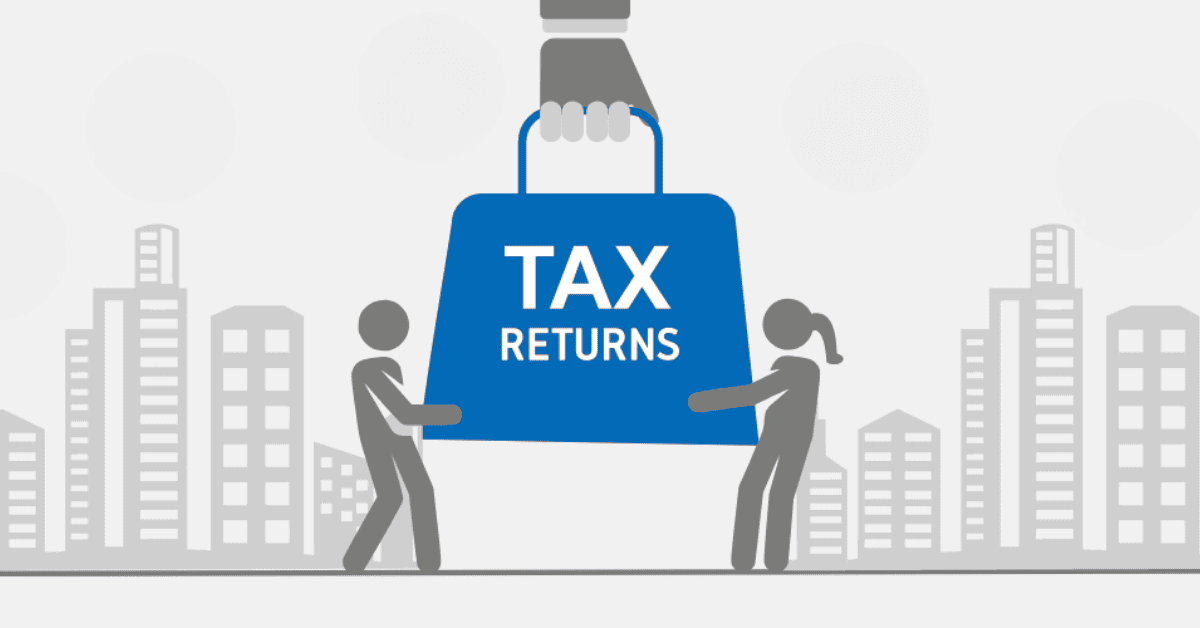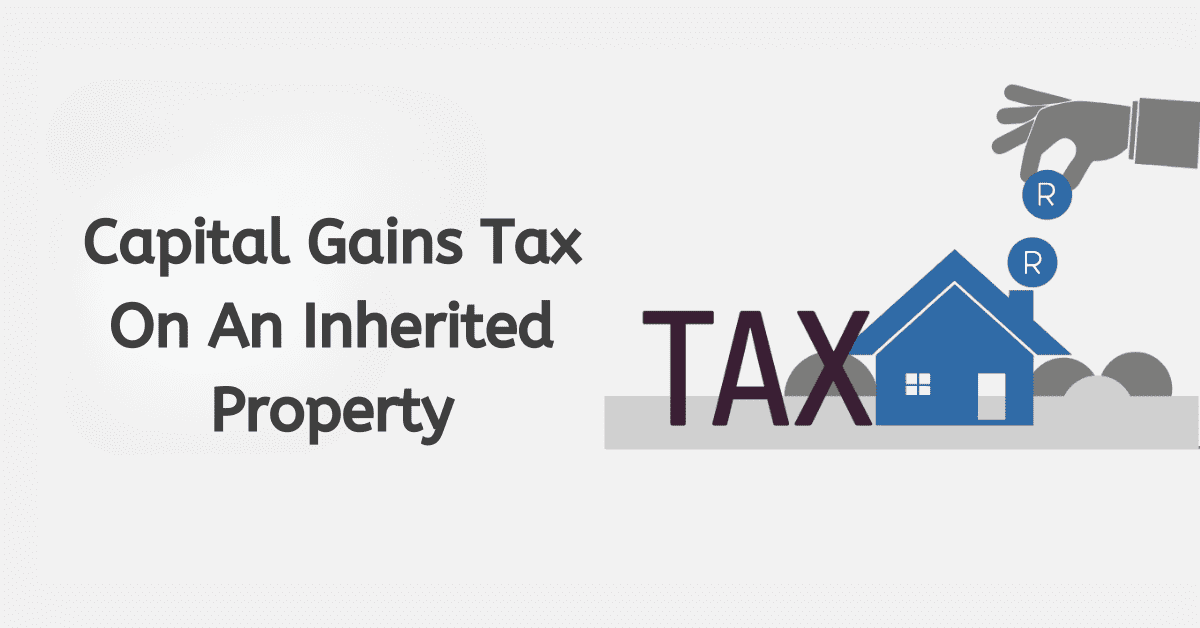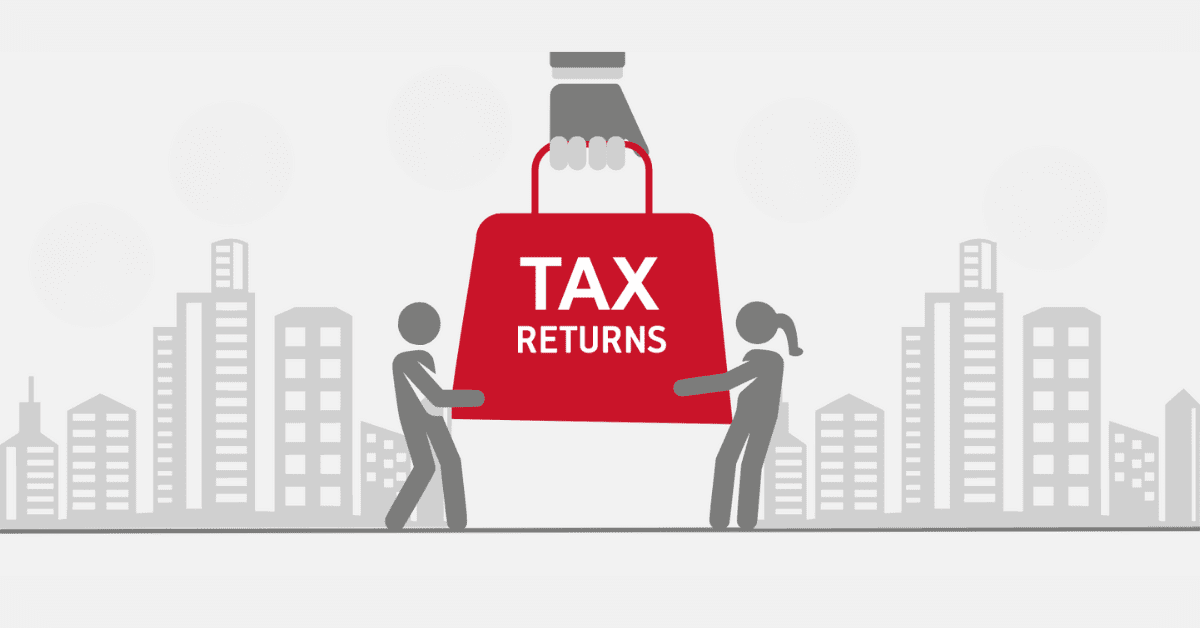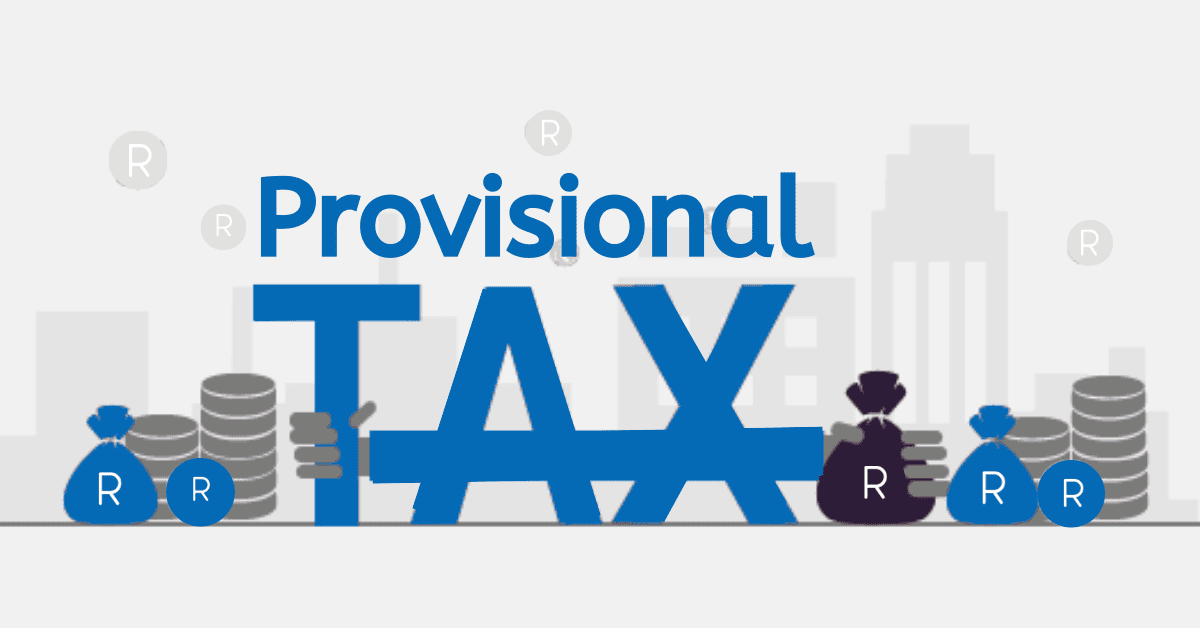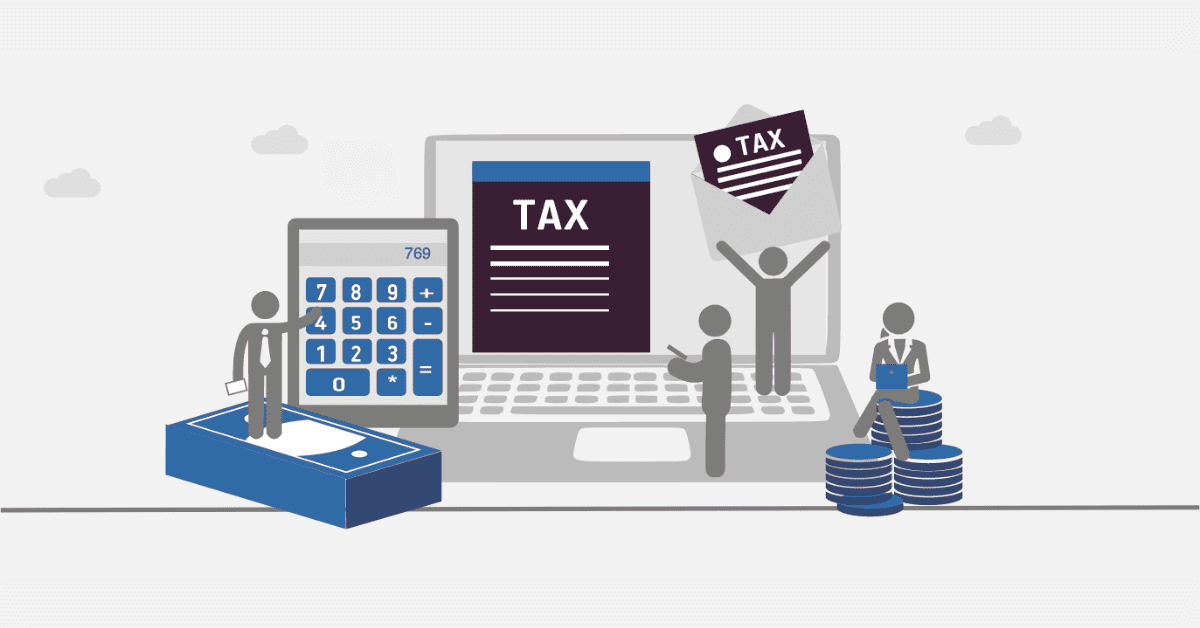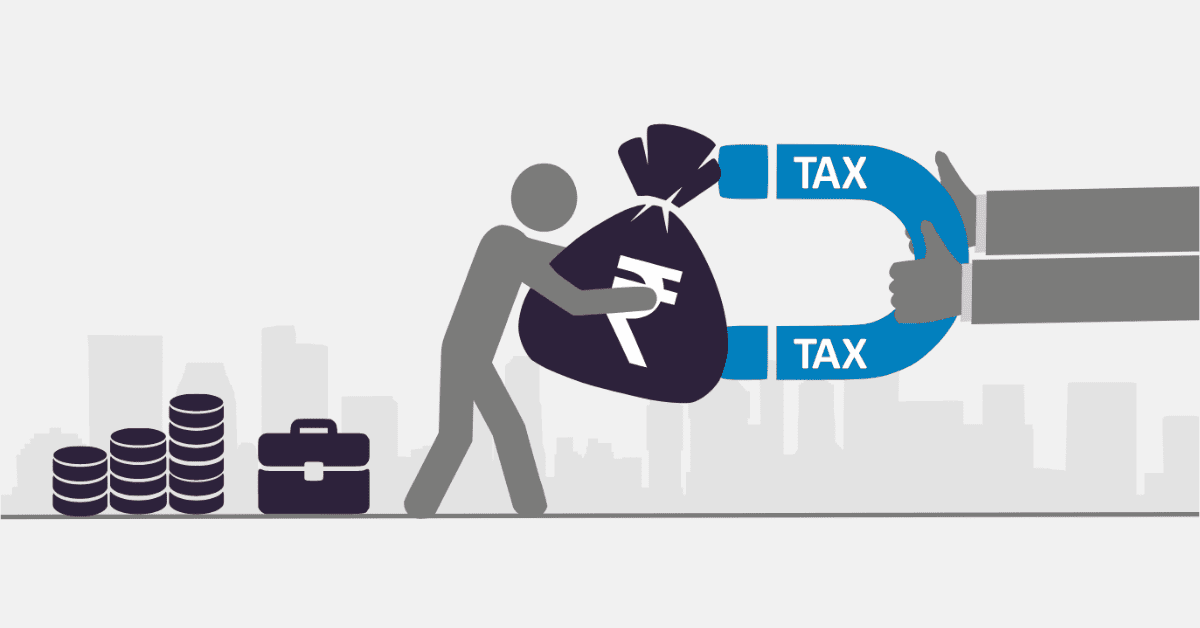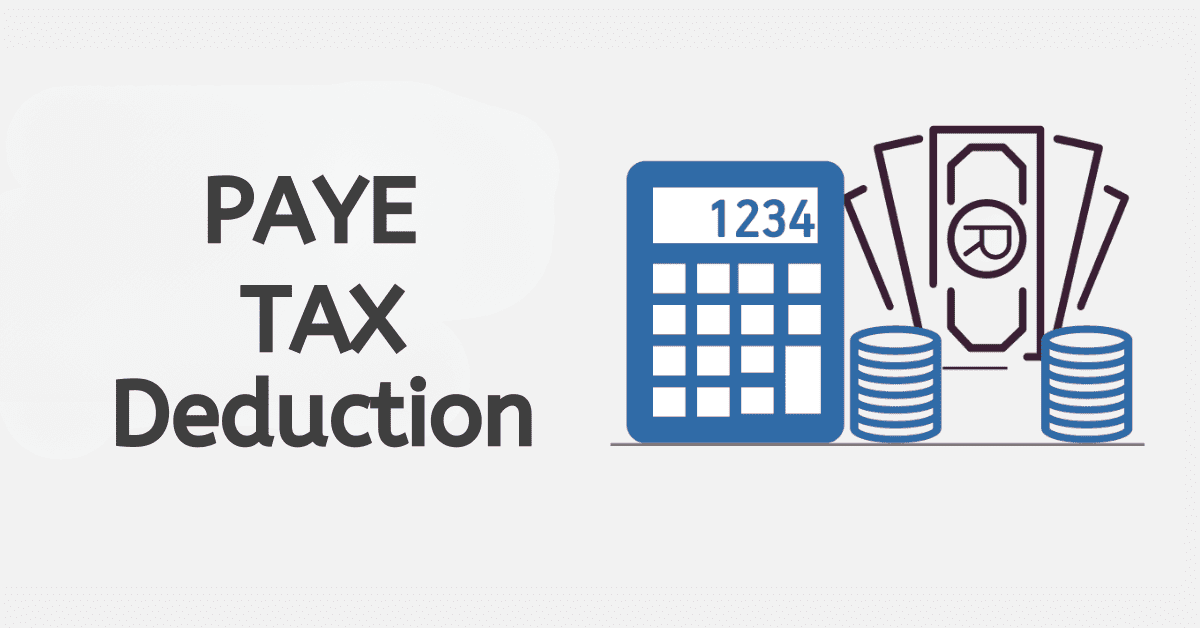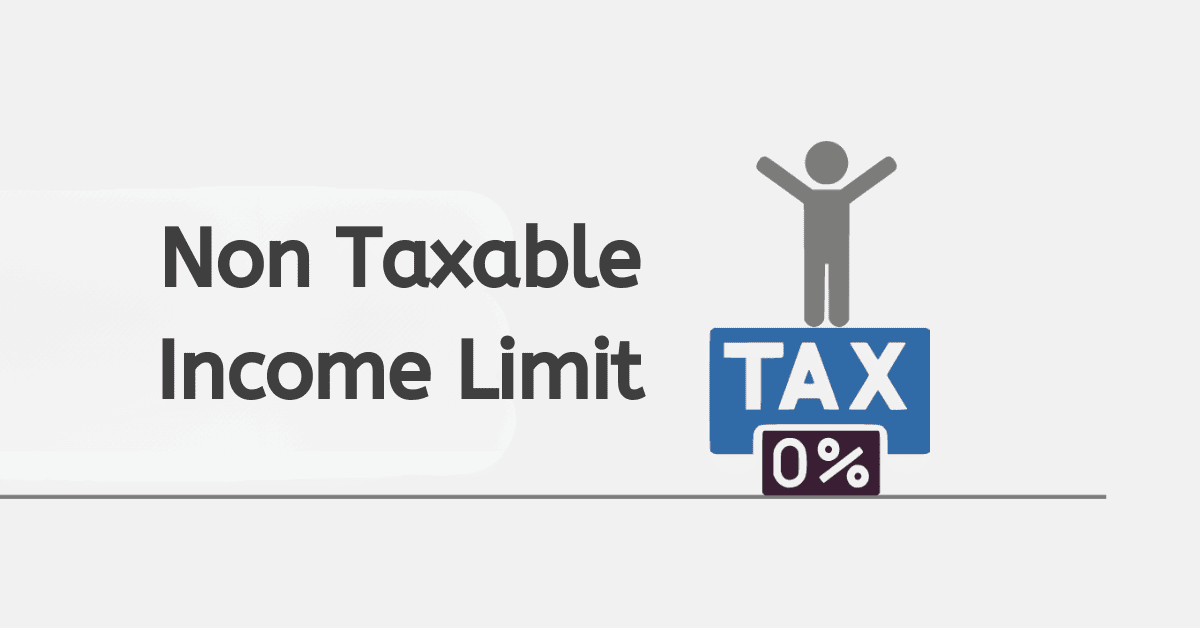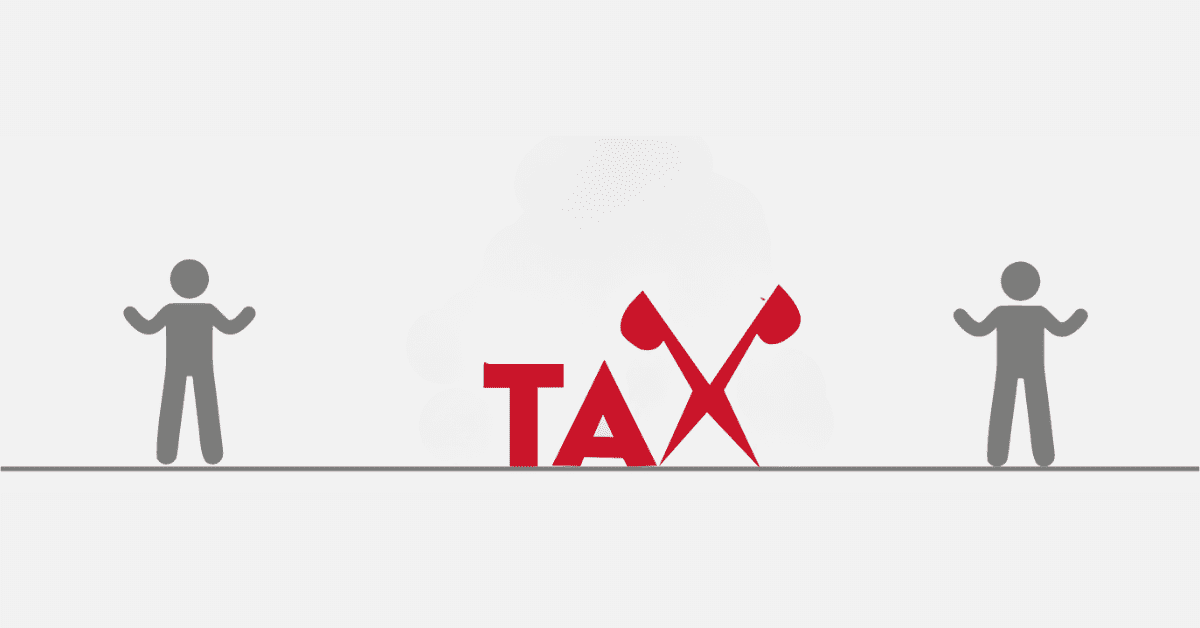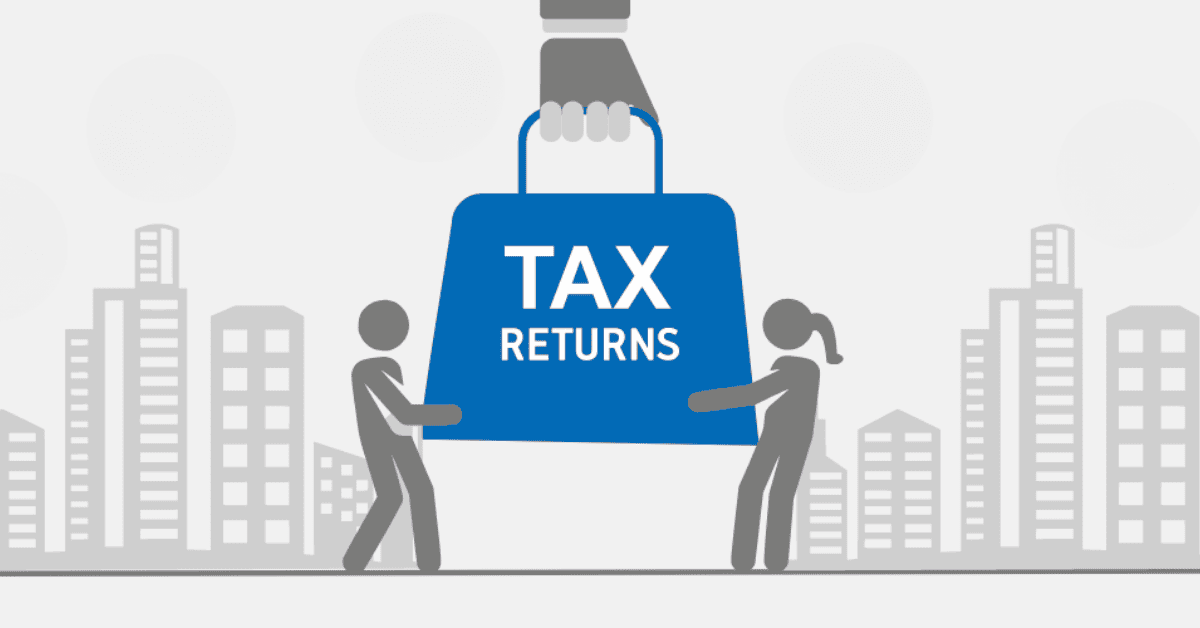Most of us are familiar with the basic tax types and forms, like provisional tax forms and our annual income tax submission. However, taxation in South Africa has a lot more going on under the surface, with some special tax types and situations that should be on everyone’s radar. Today we will be exploring one of these- the Securities Transfer Tax, or STT. If you regularly interact with financial markets or investments, this is one you should properly understand.
What is the Securities Transfer Tax (STT) in South Africa?
Securities Transfer Tax (STT) is a levied tax on the transfer of ‘securities’. This means shares, bonds, and other financial instruments. Essentially, it is a tax imposed on the transfer of ownership of these securities. As with other tax types, it is another facet of revenue generation in South Africa for governmental bills and projects. It also plays a role in regulating and monitoring financial transactions within the country.
How is STT Calculated in South Africa?
Securities Transfer Tax, or STT, is applied at a standard rate of 0.25% in South Africa. Where the catch often comes in for people calculating it is that this is due on the taxable amount generated by the transfer of the security. Usually, this is the value for which it is purchased, or, where the security is seen as undervalued, its fair market value.
If the STT is not accurately paid, the burden falls on the company that issued the security or its regulated intermediary. They can then recover the tax (under the law) from the person who bought the security. STT must be paid within 2 months of the transfer for unlisted securities. Listed securities are handled a little differently, and it is a complex area of law. The payment must be made by the 14th of the month following the transfer of listed securities.
What is The Exemption for STT?
In most practical cases, there is no exemption from Securities Transfer Tax in South Africa. However, under Section 8 of the Securities Transfer Tax Act, 2007 (Act No. 25 of 2007), you may be exempt from paying STT if the transfer arises as part of a collateral arrangement. This cannot last longer than 12 months, however. Additionally, you can transfer shares with in the same company group without attracting STT. This specifically allows for corporate restructuring without an undue tax burden.
How is Crypto Trading Taxed in South Africa?
In South Africa, cryptocurrencies are classified as intangible assets for tax purposes and are seen as a type of ‘barter’ transaction rather than the transfer of a security as with a share or other financial instrument. This means that the transfer of cryptocurrencies is not subject to STT but instead falls under the scope of capital gains tax (CGT). Profits or losses from the sale of cryptocurrencies are treated as capital gains or losses and are subject to CGT at the individual taxpayer’s applicable rate.
Capital gains tax is a levy on the profit from selling assets (like stocks or real estate) in South Africa. It applies only to the positive difference between the selling price and the acquisition cost, with rates varying based on factors like asset type and the taxpayer’s income. You should realize that mining crypto and trading crypto are seen as two separate events under the law. Miners will pay at their standard income rates if they leave their crypto in the reference account, but it will again fall back to a capital gains event if they intend to hold it long-term. Interestingly, SARS has yet to state a specific holding period for crypto, but under general law, this means keeping the instrument for at least 3 years.
However, South Africa is still very much in its infancy regarding handling cryptocurrency, and the legislation can be expected to be refined and updated as this becomes a more popular investment instrument.
What is the Rate of STT in SARS?
SARS currently has the STT rate set at 0.25% of the taxable amount generated by the security transfer. Remember this will be the higher of two amounts: the consideration paid or the market value of the security being transferred.
For most of us, we will only encounter STT as an automatic tax or fee charged on our investment accounts, and so we rarely have to use manual calculations or see the tax ‘in action’, as it were. However, it is an important part of the South African tax ecosystem and something that should be on the radar of everyone who regularly works with securities and their transfer. As this is a part of the overall taxation landscape that can get very complex very easily, it is often best handled by a skilled professional used to working in this arena.
